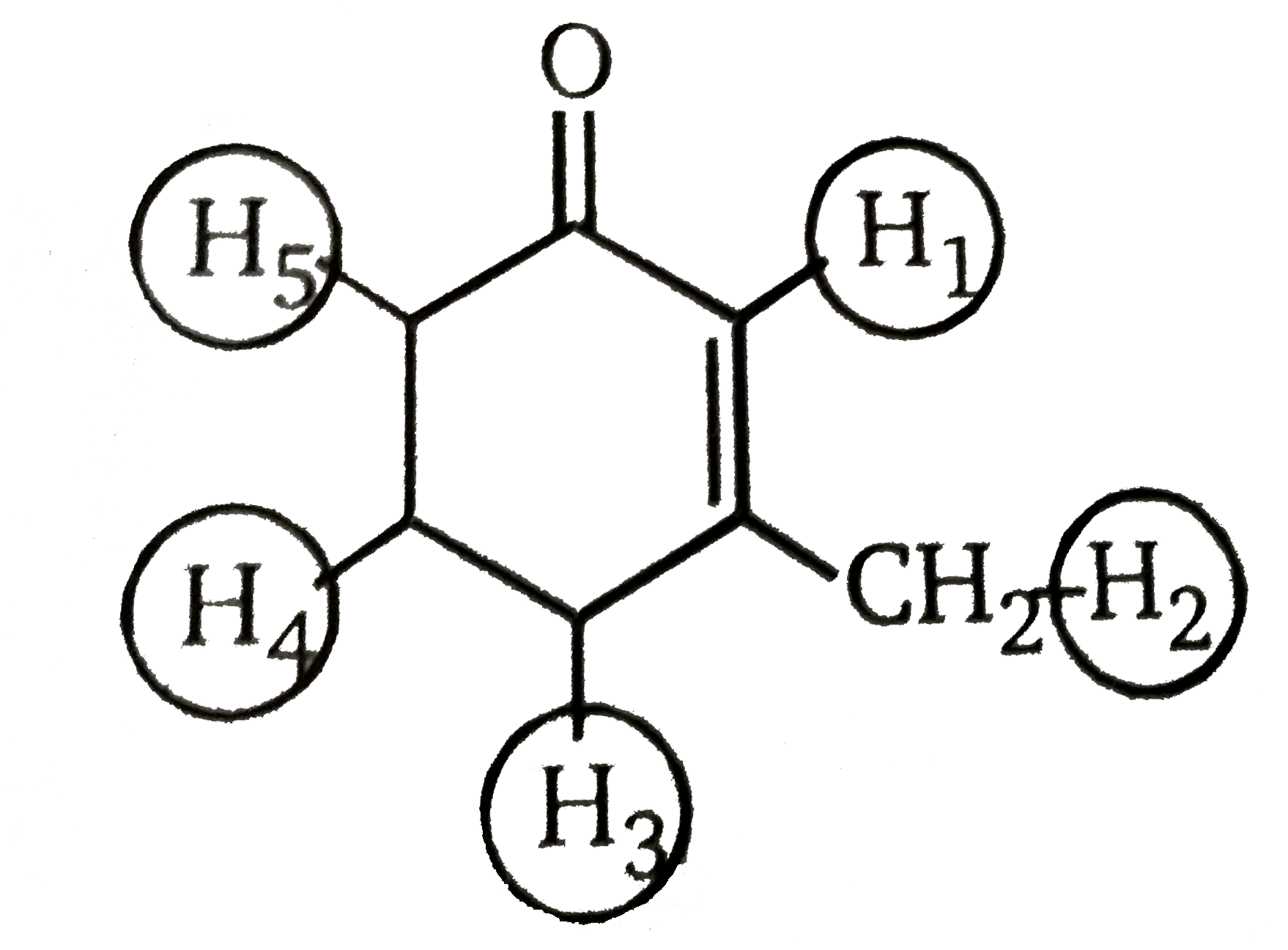Hydrogen and deuterium differ in:
Reactivity with oxygen
Reactivity with chlorine
Melting point
Reducing action
The correct Answer is:C
To solve the question regarding the differences between hydrogen and deuterium, we can follow these steps:
1. Identify the Isotopes:
- Hydrogen (H) and Deuterium (D) are both isotopes of the element hydrogen. Isotopes have the same atomic number but different mass numbers.
2. Atomic Numbers:
- Both hydrogen and deuterium have the same atomic number, which is 1. This means they both have one proton in their nucleus.
3. Mass Numbers:
- The mass number of hydrogen is 1 (it has one proton and no neutrons).
- The mass number of deuterium is 2 (it has one proton and one neutron). This difference in mass is what distinguishes the two isotopes.
4. Chemical Properties:
- Since hydrogen and deuterium are isotopes of the same element, they exhibit similar chemical properties. This means they react in the same way with other substances, such as oxygen and chlorine.
5. Physical Properties:
- The physical properties of hydrogen and deuterium differ due to the difference in mass. For example, they have different melting points and boiling points. Deuterium has a higher melting point and boiling point compared to hydrogen.
6. Conclusion:
- In summary, hydrogen and deuterium differ in their physical properties (like melting and boiling points) but have the same chemical properties.
Final Answer:
Hydrogen and deuterium differ in their physical properties, such as melting point and boiling point, while their chemical properties remain the same.
---
- Hydrogen (H) and Deuterium (D) are both isotopes of the element hydrogen. Isotopes have the same atomic number but different mass numbers.
- Both hydrogen and deuterium have the same atomic number, which is 1. This means they both have one proton in their nucleus.
- The mass number of hydrogen is 1 (it has one proton and no neutrons).
- The mass number of deuterium is 2 (it has one proton and one neutron). This difference in mass is what distinguishes the two isotopes.
- Since hydrogen and deuterium are isotopes of the same element, they exhibit similar chemical properties. This means they react in the same way with other substances, such as oxygen and chlorine.
- The physical properties of hydrogen and deuterium differ due to the difference in mass. For example, they have different melting points and boiling points. Deuterium has a higher melting point and boiling point compared to hydrogen.
- In summary, hydrogen and deuterium differ in their physical properties (like melting and boiling points) but have the same chemical properties.
Hydrogen and deuterium differ in their physical properties, such as melting point and boiling point, while their chemical properties remain the same.
Similar Questions
Knowledge Check
A deuterium is
Aan electron with a positive chargeBa nucleus having two protonsCa nucleus containing a neutron and two protonsDa nucleus containing a neutron and a proton.The rates of diffusion of hydrogen and deuterium are in the ratio:
A1:1B√2:1C4:1D1:4Statement-1 : The Bohr's model cannot differentiate between the spectra of hydrogen and deuterium.
and
Statement-2 : The Bohr's model considers the nucleus as infinitely massive in comparsion to the orbiting electrons.AStatement-1 is True, Statement-2 is True, Statement-2 is a correct explanation for Statement-3BStatement-1 is True, Statement-2 is True, Statement-2 is NOT a correct explanation for Statement-3CStatement-1 is True, Statement-2 is False.DStatement-1 is False, Statement-2 is True.
Which of the two : hydrogen or deuterium undergoes reactions more rapidly and why?
View Solutionthe wavelength of spectral line in the lyman series of a H-atom is 1028Å. If instead of hydrogen, we consider deuterium then shift in the wavelength of this line be (mp=1860me)
View SolutionIn 3-methyl2-cyclohexenone which hydrogen cannot undergo deuterium exchange when it reacts with CH3Oɵ/CH3OD ?

View SolutionIn hydrogen spectrum the different lines of Lyman series are present is
View SolutionA deuterium atom :
View Solution
